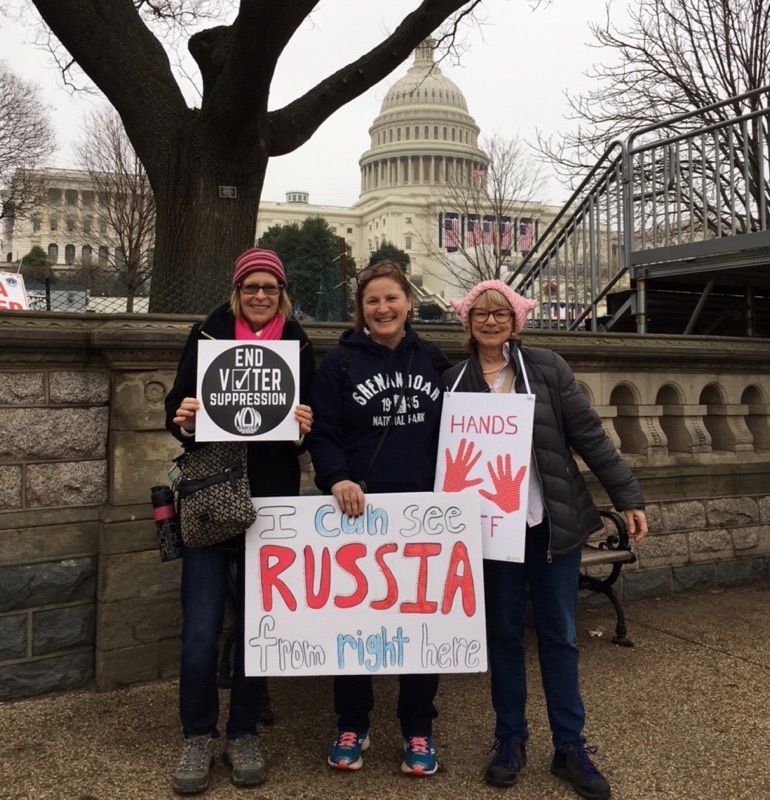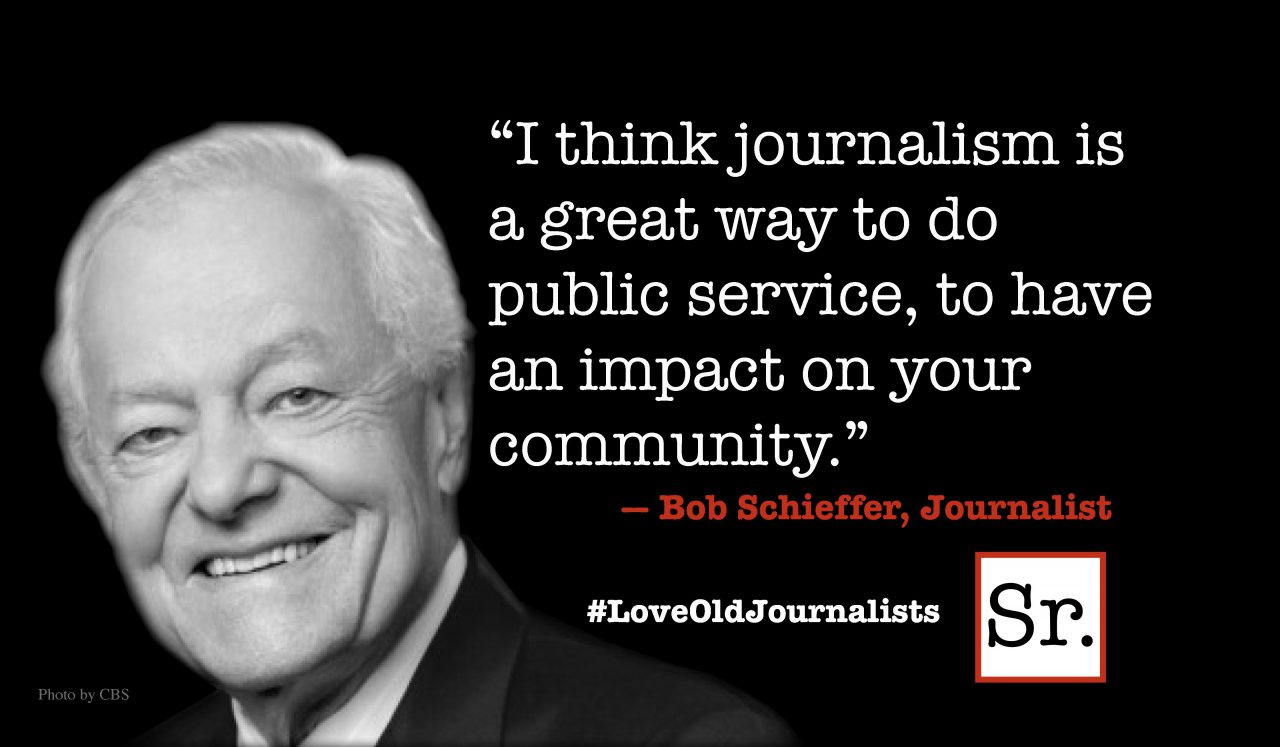“Tell me what Democracy looks like,” a young woman’s voice belted out.
“THIS is what Democracy looks like,” the crowd roared back.
That call and response was repeated hundreds of times by hundreds of thousands of people, myself included. We were part of the 500,000 plus citizens who descended on the National Mall to be part of the Women’s March on Washington, the day after the presidential inauguration. I’ve joined in a couple of small demonstrations in my lifetime, but no past experience could have fully prepared me for the sights, sounds and feelings of this historic day.
The crowd that had gathered to listen to the pre-march speeches was loud, exuberant, friendly, and appeared to comprise every age, race, sexual orientation and economic category.
It was clear from the moment that we approached the National Mall that organizers had underestimated the numbers that would be attending. There was a steady stream of jubilant crowds wearing pink “pussyhats” pouring out of the metro, busses unloading at every corner, the portable toilets already muddy and lacking toilet paper, and organizers sending marchers away from the already crowded main stage area—hours before any speech was scheduled to start.
Throngs gathered, milling around, trying to figure out the “best” place to stand to see the giant video screen and hear the speakers and performers. The misty, cool weather, the sound system that didn’t project far enough, and the lack of personal space didn’t dampen the enthusiasm of those gathered.
More than 300 marchers from my small town of Winchester, VA, came by bus or found other ways to travel the 80 miles from the Shenandoah Valley. I was part of the organized bus group and spent the day with two friends, both of whom had different reasons for being there.
Alice McKay Cooper, 69, marched because she’s very concerned, “if not afraid,” about the erosion of equal rights, human rights, women’s rights, and the disenfranchised and vulnerable. “The Cabinet nominees are especially worrisome,” she said, as is the lack of respect shown to women by the new president and congressional leadership.
By marching, Alice said she hopes “to raise awareness among elected officials that were watching and are upset about the direction that their policies appear to be heading.”
Irina Khanin, 47, marched because her family left the former Soviet Union 27 years ago to escape the oppression of the government. Irina, who marched with a banner proclaiming “I Can See Russia From Right Here,” told me she is “alarmed by what she sees as behavior by our new president that is meant to undermine the press, individual freedoms, and human rights.”
She’s had personal experience with oppression: at the age of 16, Irina was threatened by Soviet KGB agents several times, because they wanted her to stop seeing an American friend, whose parents worked at the U.S. Embassy and who attended a Soviet school with her. The agents warned her that she would never get into college if she continued her friendship.
And I marched because the hard-fought progressive gains won over decades, including reproductive rights, marriage and gender equality, and environmental protections, are under attack by state and federal legislators.
The issues brought forth by marchers were as varied as the people gathered. Marchers carried banners that ranged from “Love Trumps Hate,” to “I’m Too Afraid to Be Funny,” to those that called for reproductive freedom, protections for illegal immigrants, acceptance of science and climate change, and many not-so-subtle references to the female genitalia that the current president has talked in the past about grabbing.
The crowd sang, roared, clapped, stood patiently for hours, and finally…slowly…proudly…jubilantly…with hundreds of thousands present, we began to march.
No matter one’s political stance, all Americans should take pride in this country’s promise that citizens can gather, speak, and demonstrate peacefully. That was the truth that most touched me, brought me to tears, and filled my heart with happiness: We the People, a spectrum of backgrounds and beliefs, a rainbow of gender and identifies, and a melting pot of ethnicity and choices, were marching together to have our voices heard.
After the thrill of being part of a monumental day, the difficult task going forward will be to translate the feelings of empowerment engendered by the March and put them into action.
But for today, I revel in the absolute promise and beauty and strength of our American principles. I marched because I could, and I am a better American because of it.









